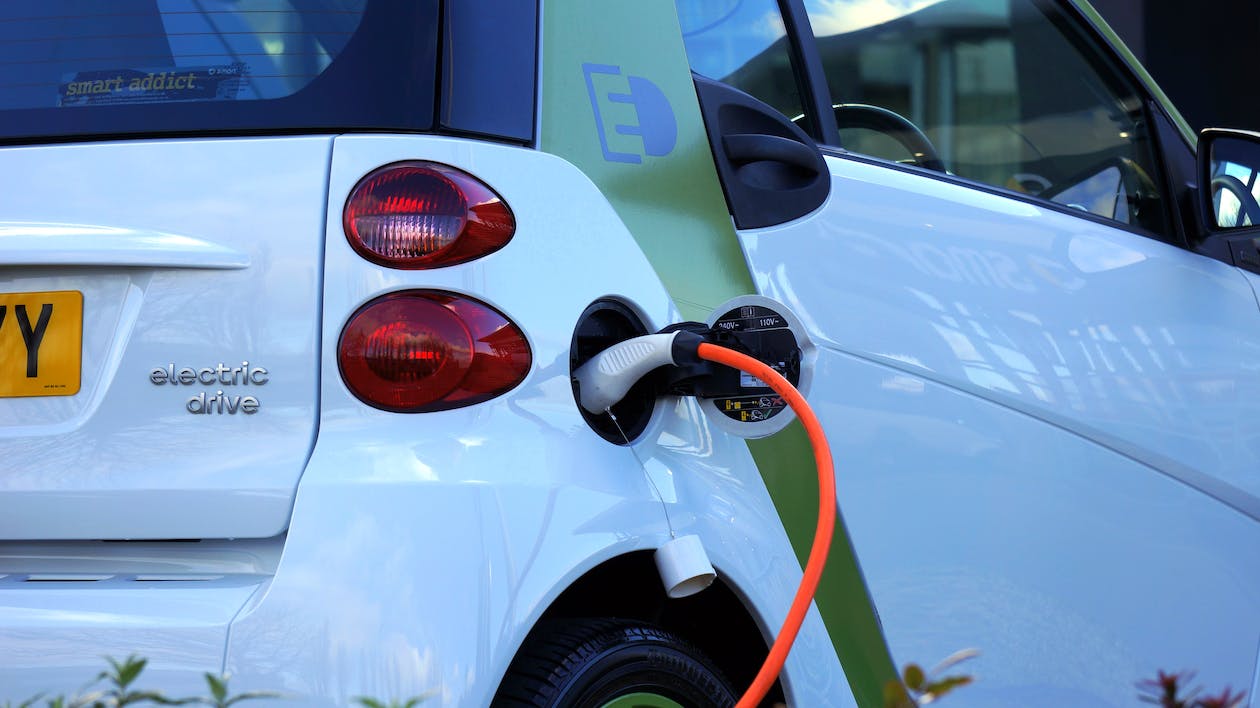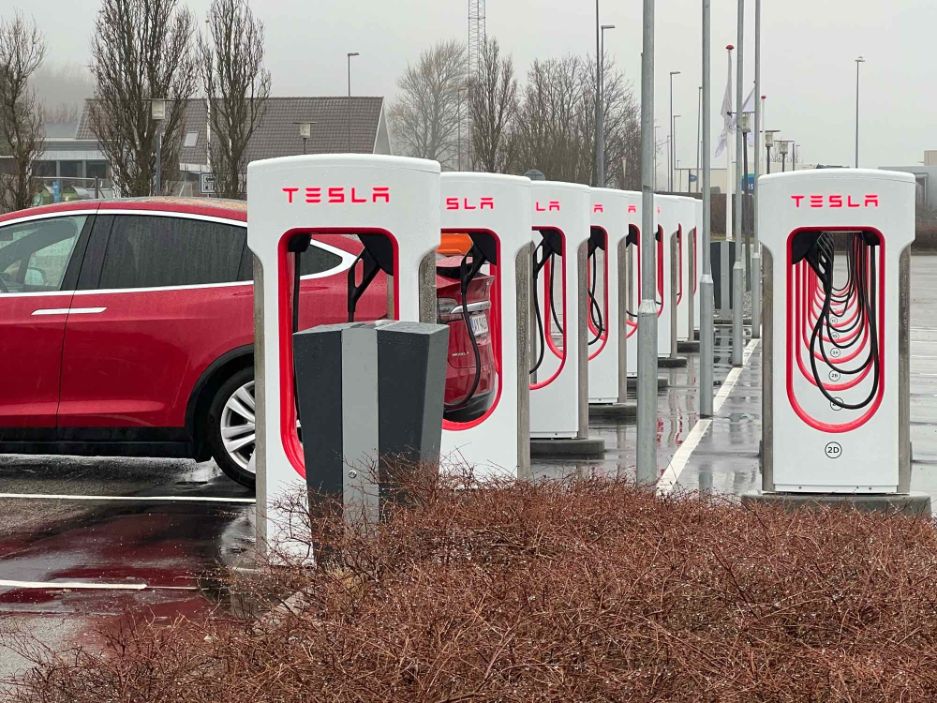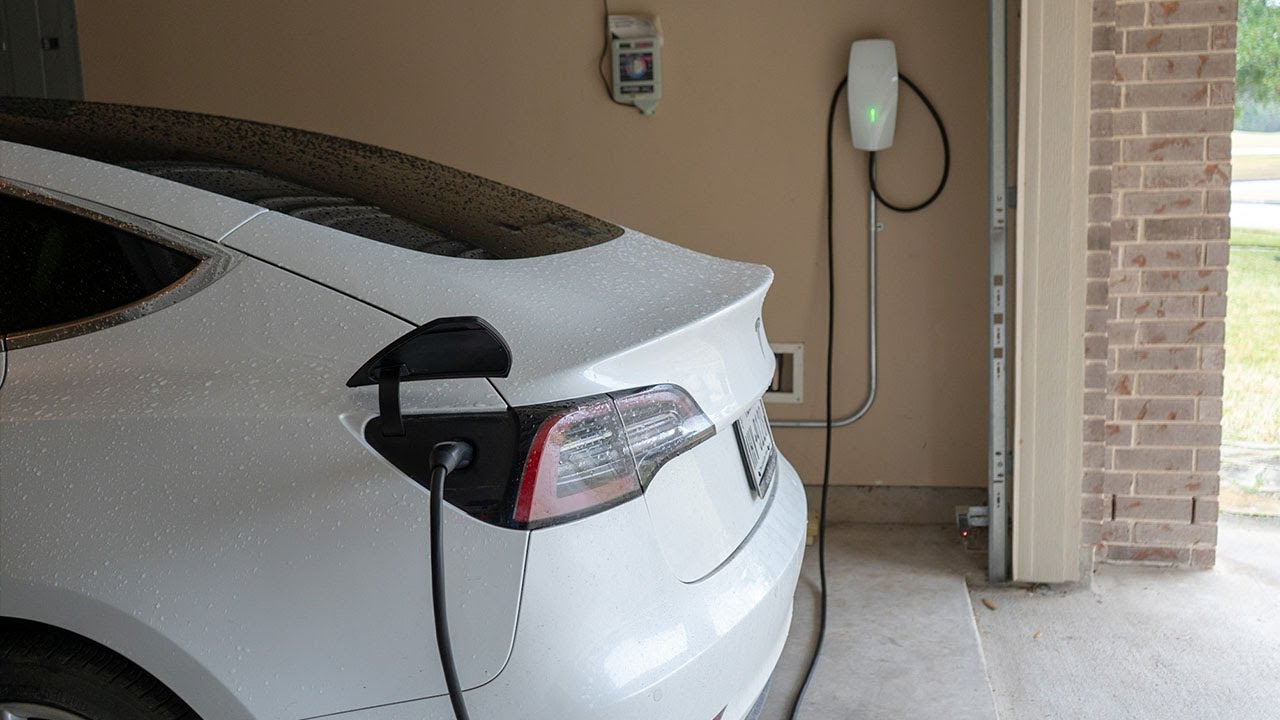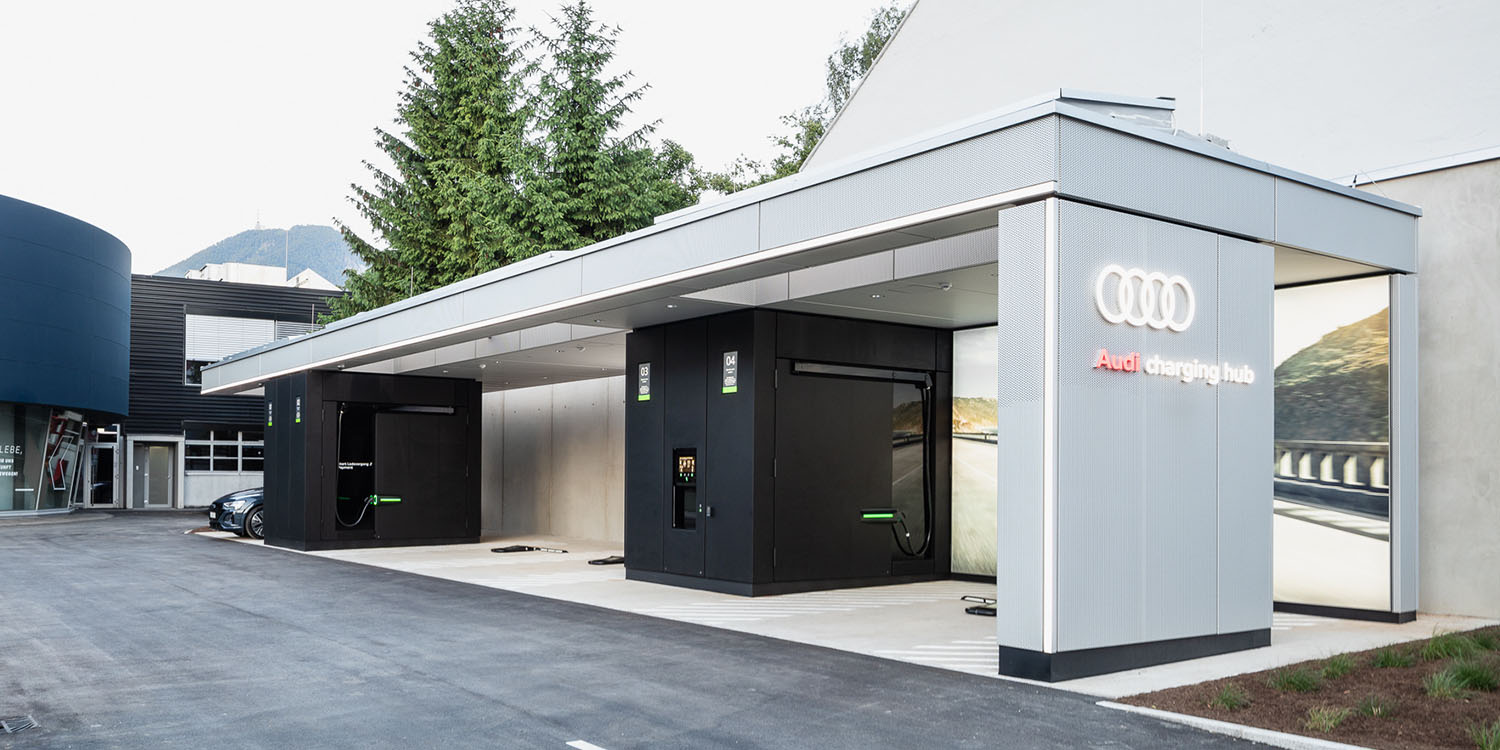In an innovative pilot project, electric vehicle users in Germany may soon have the freedom to select their own tariffs and energy mix at public charging stations. This collaborative initiative involves four key players: transmission system operator 50Hertz, renewable energy provider LichtBlick, IT startup decarbon1ze, and distribution system operator Stromnetz Berlin. The main objective is to test the underlying IT processes that would allow users to bring their preferred energy suppliers and respective billing systems.
This endeavor aims to decouple the charging station operators from setting prices at will, thereby empowering users to choose their energy provider and have their energy allocation accounted for in a “virtual balancing area,” also referred to as the accounting grid.
Traditionally, balancing areas represent the geographical boundaries within which power system operators balance the supply and demand of electricity. In areas without organized markets, energy exchanges usually occur through contracts between individual load-serving entities, independent power producers, and the balancing area authorities.
By taking this concept to a virtual level, the German collaboration builds upon the “Network Access Rules for Enabling Load-Specific Balancing Energy Allocation for Electromobility (NZR-EMob)” issued by the Federal Network Agency (BNetzA) in 2021. These regulations aim to expand options for balancing electricity consumption, providing consumers with greater freedom of choice. As a prerequisite, the BNetzA mandates the precise metering and billing of each charging process by the charging station operator.
Accurate data is essential for managing balancing areas, which serve the market function of maintaining a balance between electricity generation and procurement on one side and consumption and sale on the other. If this balance is disrupted due to short-term peaks, the transmission system operator must regulate energy flows to stabilize the grid.
Dr. Dirk Biermann, Managing Director of Markets and System Operations at 50Hertz, emphasized the importance of a robust data foundation for charging processes. Improved load behavior predictions enable transmission system operators to effectively manage the overall electrical system, particularly as the share of renewable energy sources continues to grow. Additionally, electric vehicles offer significant storage potential that can be harnessed.
From a consumer standpoint, Enno Wolf, Chief Operating Officer of LichtBlick, expressed the green energy provider’s long-standing support for increased competition at public charging stations. Wolf believes that only when electric vehicle drivers can choose from various providers at the charging station will they truly benefit from innovative tariffs. This approach could also contribute to a higher proportion of renewable energy within the charging network.
While the pilot project is currently underway, specific details regarding the location and other aspects have not been disclosed. However, considering the parties involved, Berlin is the most likely testing ground for this initiative.







